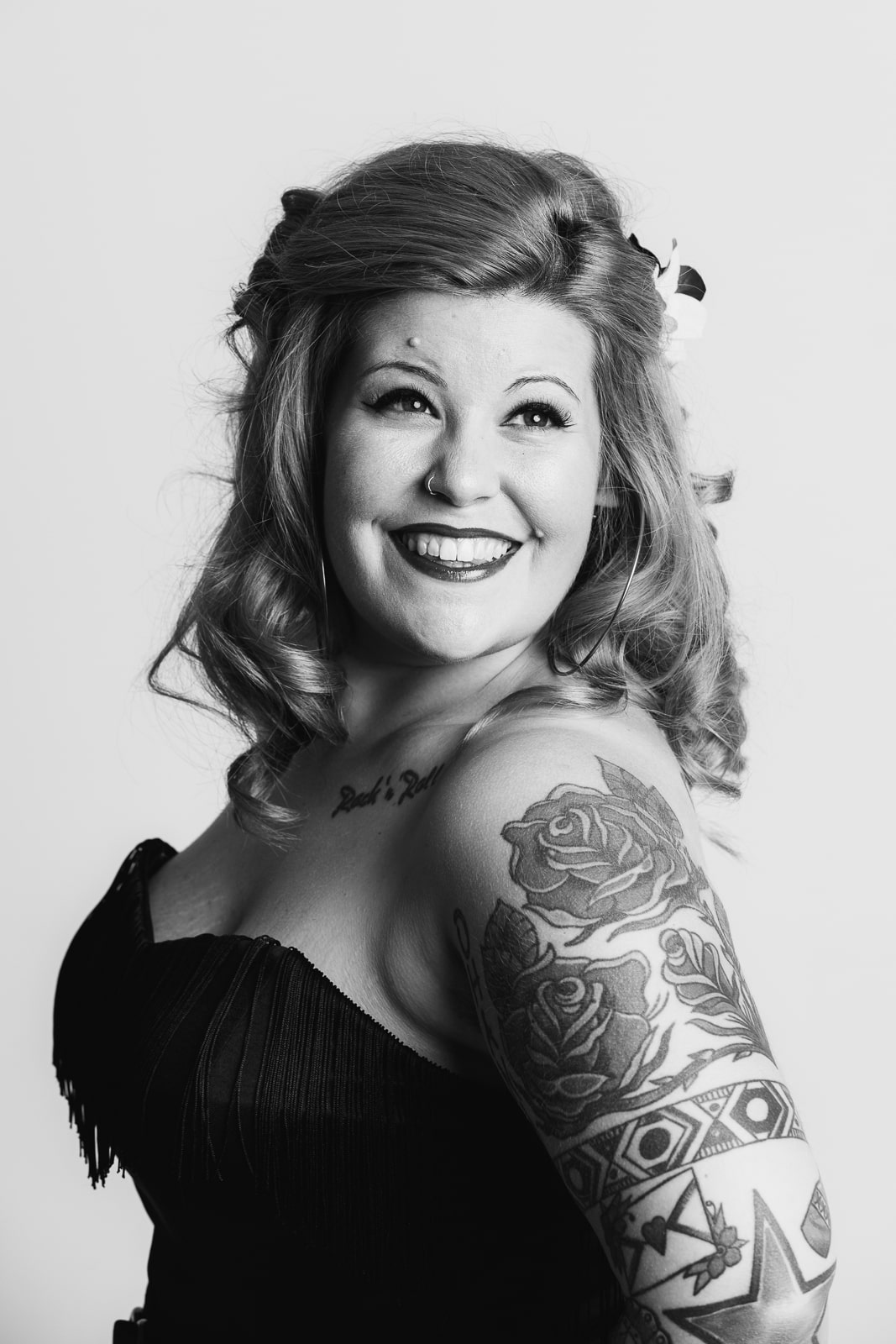LITTLE WILLIE LITTLEFIELD
Todo un personaje LITTLE WILLIE LITTLEFIELD , ( ver donde guarda su set list ) , pues ahí donde le veis ( ya veterano ) fué el primer artista en grabar el éxitazo de Leiber y Stoller KANSAS CITY, corría allá por el año 1952 cuando el mismo era escrito por el famoso dúo de compositores . Little Willie lo grabó en origen con el nombre de K.C. LOVING
This song was originally released by Littlefield as K. C. Loving in 1952 also on Federal. This single was released on Federal 12351 in 1959. Little Willie was the original Kansas City, before Wilbert Harrison did it. Enjoy...feel free to comment.
Willie Littlefield, billed as Little Willie Littlefield (September 16, 1931 – June 23, 2013), was an American R&B and boogie-woogie pianist and singer whose early recordings "formed a vital link between boogie-woogie and rock and roll". Littlefield was regarded a teenage wonder and overnight sensation when in 1949 at the age of 18 he popularised the triplet piano style on his Modern Records debut single "It's Midnight". He also recorded the first version of the song "Kansas City" — originally issued as "K. C. Lovin'" — in 1952.
Littlefield in Germany, 2006
Littlefield was born in El Campo, Texas, and grew up in Houston with his mother. By 1947, at the age of sixteen, Littlefield was already a local attraction on many of Houston's Dowling Street clubs and was recording for local record shop proprietor Eddie Henry who ran his own label, "Eddie's".He formed his first band with saxophonist Don Wilkerson, a school friend.
Littlefield was strongly influenced by boogie-woogie pianist Albert Ammons. A particular favourite of his was Ammons' Swanee River Boogie, which he later recorded for Eddie's Records. Other major influences on Littlefield's style were Texas musicians Charles Brown and Amos Milburn Littlefield learned most of their "chops" and soon developed his own distinctive "triplet style", which, by the early 1950s, was widely copied in the R&B field, particularly by Fats Domino who incorporated it into his successful New Orleans rhythms.
His first recording, "Little Willie’s Boogie" was a hit in Texas in 1949, and brought him to the attention of Jules Bihari, one of the Bihari brothers of Modern Records in Los Angeles, California, who were searching for a performer to rival the success of Amos Milburn.Bihari flew to Houston in July 1949 to investigate the city's black entertainment venues and heard of a "teenage wonder boy pianist" who was causing a stir at the Eldorado Ballroom. Bihari went to hear Littlefield and soon arranged for an audition at a local studio. The session was captured on acetate disc, with Bihari, clearly audible in the background, calling for Littlefield to play the popular R&B tunes of the day.
Back at Modern Records, he recorded "It's Midnight", which became a national hit reaching #3 on the Billboard R&B chart. Its follow-up, "Farewell", reached #5 on the R&B chart. He became a major nightclub attraction and recorded with West Coast musicians such as Maxwell Davis. Don Wilkerson, Littlefield's old school buddy and the leading saxman in his band, also travelled to Los Angeles, but Milburn promptly stole him to lead his own new band 'The Aladdin Chickenshackers'.
Modern Records booked Littlefield for three recording sessions during October 1949, followed by more sessions in the following two months at Radio Recorders in Hollywood. During these three months alone, over 22 sides were cut - an unusual output when compared to most other artists who averaged only two sessions a year. Other musicians for these sessions included saxophonists Maxwell Davis and Buddy Floyd, guitarists Chuck Norris and Johnny Moore, and drummers Al Wichard and Jessie Price.One of his 1950 recordings, "Happy Pay Day", a song written by Jack Holmes, was later rewritten by Holmes with entirely different lyrics as "The Blacksmith Blues", which became a hit for Ella Mae Morse.
In 1951, his duet with Little Lora Wiggins, "I've Been Lost", reached #10 on the R&B chart In 1952 he moved to the Federal subsidiary of King Records, his first session producing "K. C. Loving", written by Leiber and Stoller and later re-recorded by Wilbert Harrison as "Kansas City".
By 1957 Littlefield had moved to Northern California and continued to record for Don Barksdale's Rhythm label in San Francisco where he produced the single "Ruby, Ruby". Littlefield’s recording and his subsequent releases were not successful, although he remained a popular club act in the San Francisco area.
In the late 1970s he toured Europe successfully, settling in the Netherlands and releasing a number of albums from 1982 into the late 1990s for the Oldie Blues label from Martin van Olderen.
Being on the road for more than 50 years, Littlefield stopped touring in 2000. After five years of retirement in his adopted home country The Netherlands, Little Willie Littlefield decided to play again starting in 2006. "I went fishing for five years - now I know every herring in Holland by name - it got boring. I feel great and I want to be back with my audience", Little Willie declared.
In his later years Littlefield continued to perform occasionally, mainly at festivals, particularly in the UK. In 2008 he played at the 20th Burnley Blues Festival and in July 2009 at the 5th annual UK Boogie Woogie Festival at Sturminster Newton in Dorset. Having appeared at Shakedown Blues Club, at Castor Hall, near Castor, Peterborough in 2006, Littlefield made a return appearance in October 2010.
He died at his home in Voorthuizen, the Netherlands, in 2013 at the age of 81. He had cancer.



Comments